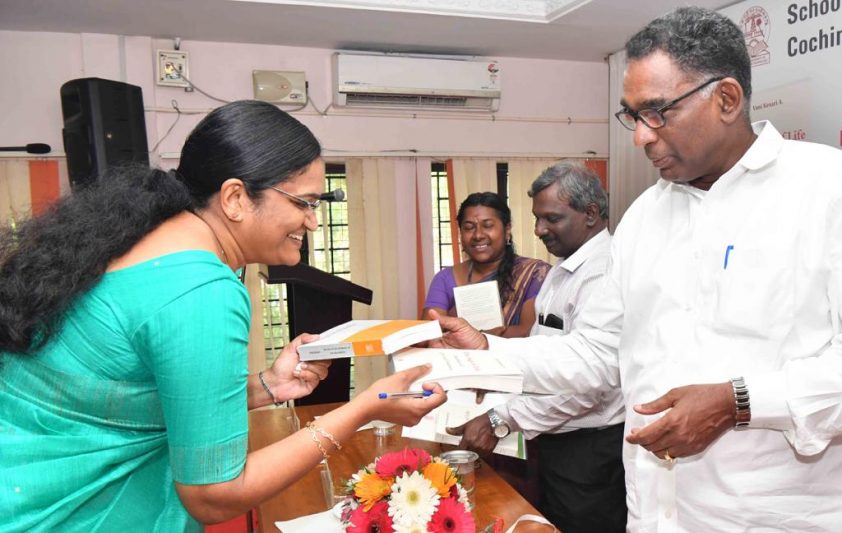Book On Interface Of Law & Genetics Released By Justice Chelameswar
LIVELAW NEWS NETWORK
24 Nov 2018 8:11 AM IST

Next Story
24 Nov 2018 8:11 AM IST
“Indian judiciary found it difficult to resolve conflict between two legal principles – the principle of “master of roster” and that “no one shall be a judge in one’s own cause’. How it will resolve new-age conflicts, one needs to wait and see”, said Justice Chelameswar."There exists a gap between the mind of the inventor and the mind of a lawmaker. Law does not often keep...
